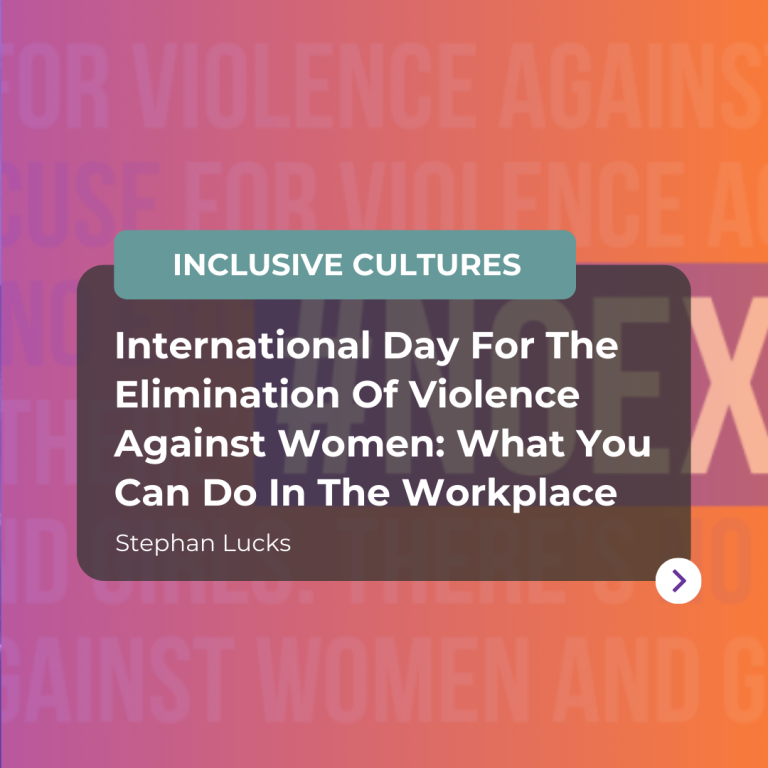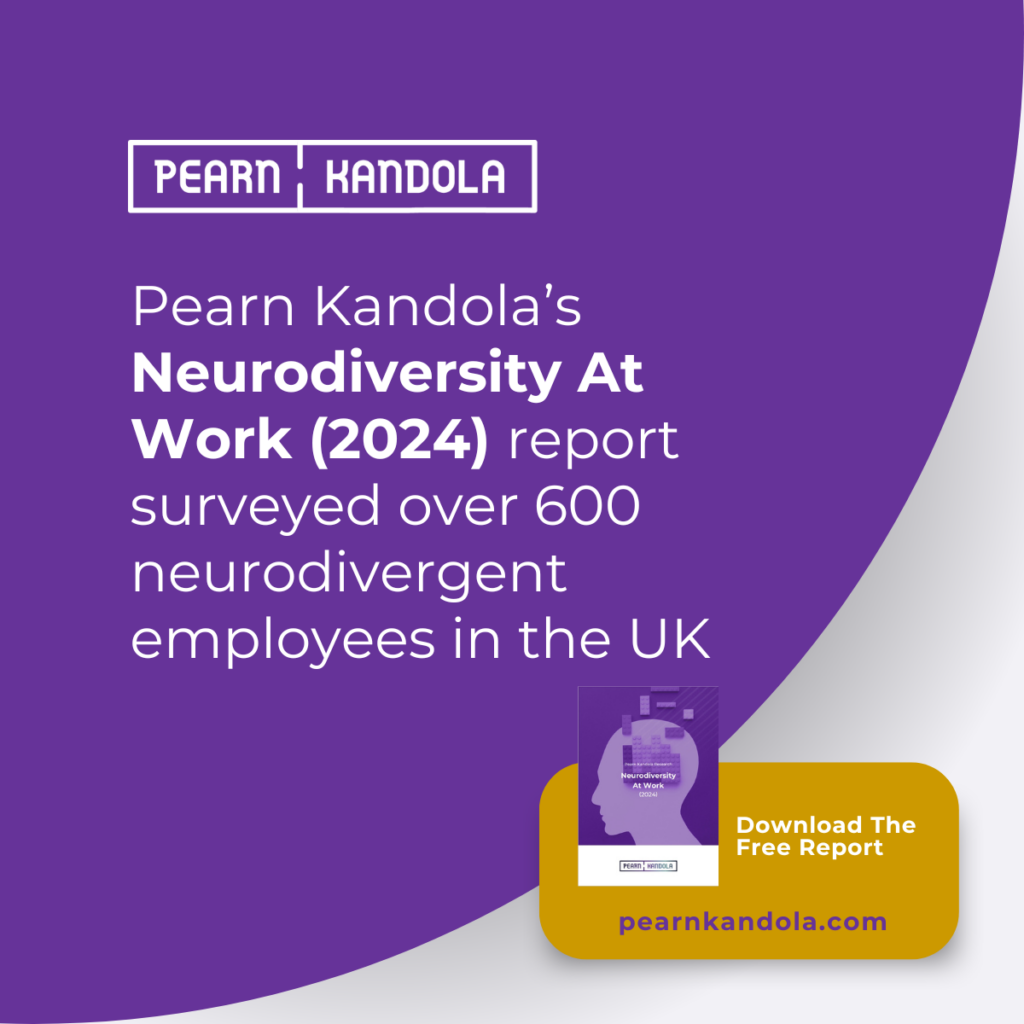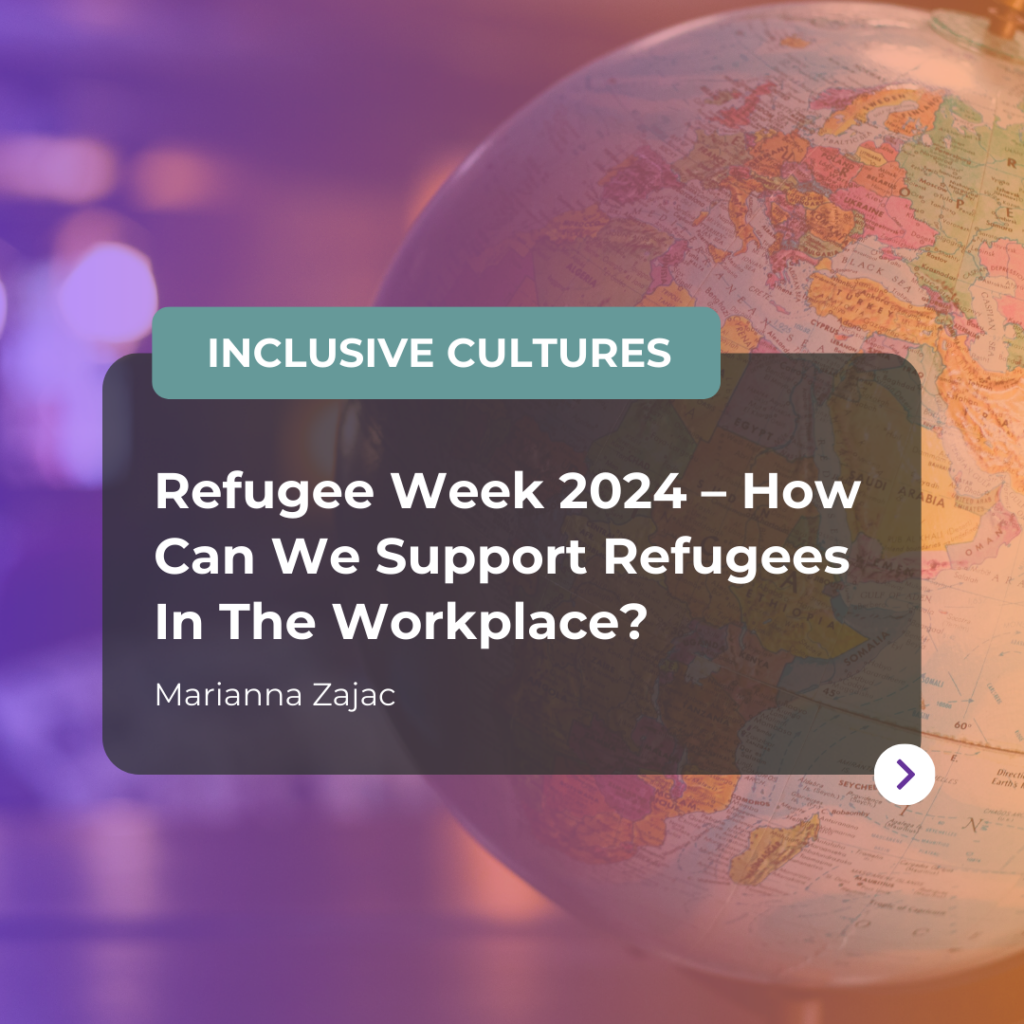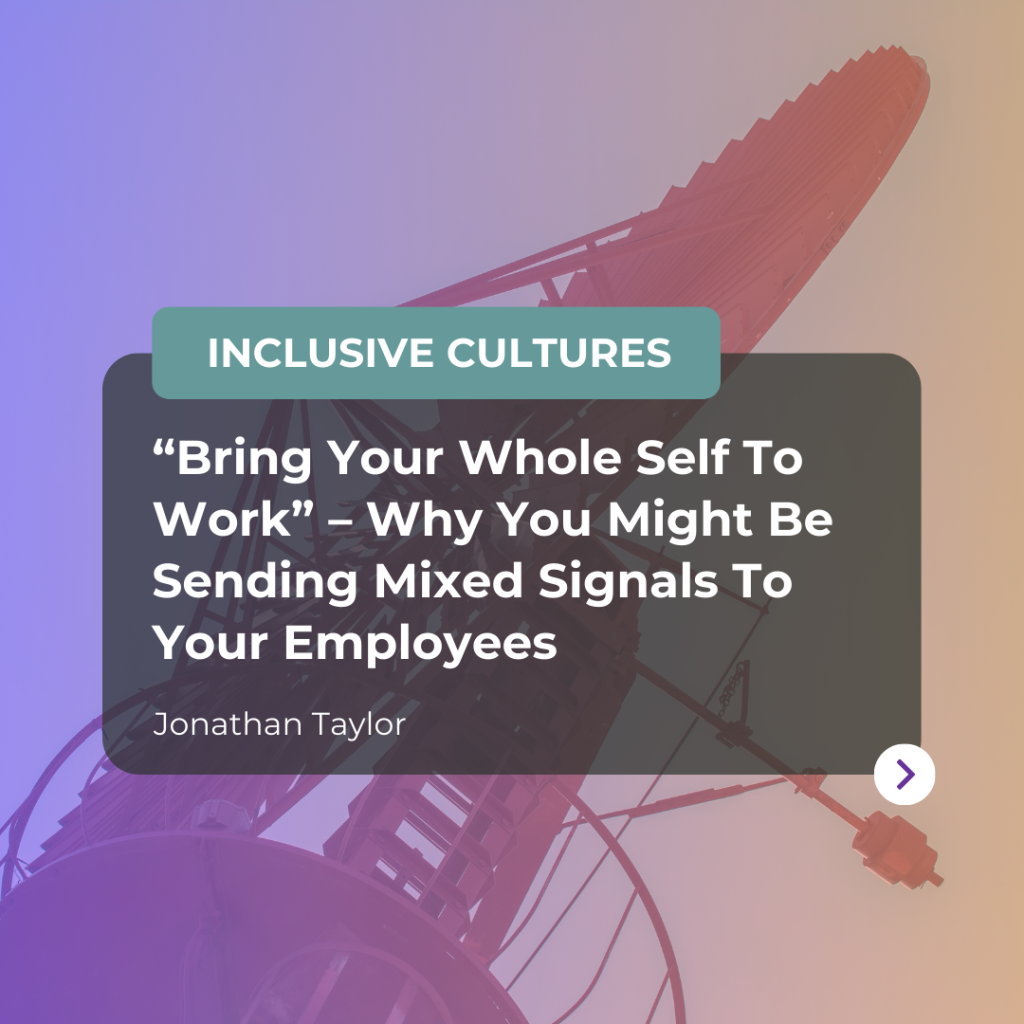25th November marks the International Day for the Elimination of Violence Against Women. It’s a sad state of affairs that this date still needs to be marked. Whilst many readers may deem this irrelevant to them, mainly because they do not have a shared experience or are not aware of colleagues who have, it is nevertheless relevant to everybody at work.
Uncovering the Impact of Violence Against Women in the Workplace
Examining domestic abuse specifically, statistics show that 9% of women aged 16 and over experience domestic abuse, and 3% are victims of sexual assault. Additionally, 21% of these victims take time off from work due to court hearings and concerns about their children.
Although the effects of violence against women may go unnoticed by employers due to lack of disclosure or visible signs, they result in increased stress, physical and mental decline, and reduced productivity. This negatively impacts individual engagement, mental wellbeing, as well as team and organisational effectiveness.
The Cycle of Violence and Micro Incivilities
Women that experience domestic abuse typically go through a cyclical process known as the Circle of Violence. This cycle involves:
- Tension building.
- An incident occurring.
- Reconciliation
- A period of calm.
The cycle is then repeated.
Interestingly, during the tension building phase, many behaviours exhibited and experienced by women fall into the category of micro incivilities (MIs) – everyday actions that communicate intolerance, hidden insults, and invalidations. Examples include excessive scrutiny, criticism, ignoring, and talking over or interrupting. For some perpetrators, these MIs may serve as precursors to episodes of abuse.
Making a Difference in the Workplace
While directly reducing domestic violence may be challenging, each individual can play a role in addressing and confronting micro incivilities when they observe them. By establishing social norms of acceptable behaviour towards women in the workplace, we can contribute to creating a better working environment for those affected by domestic abuse, promoting their overall wellbeing.
Remember, even small actions or changes in behaviour can make a significant positive impact for those who may be silently struggling, by creating a safe and inclusive workplace for all.
—
Find out more information about The International Day for the Elimination of Violence Against Women on the United Nations website.








